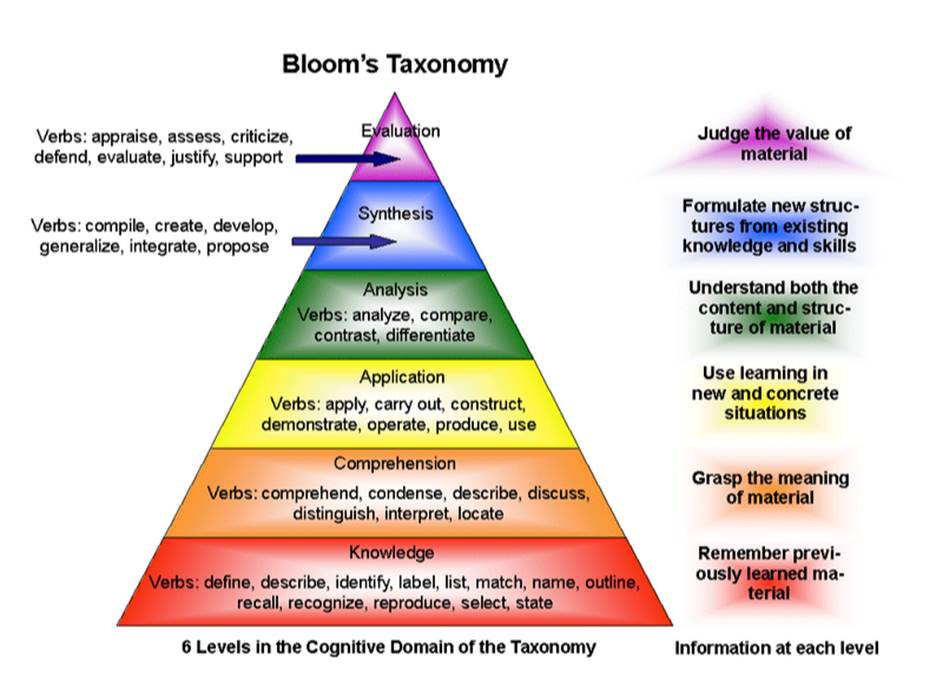Linking Final Exam Questions to Learning Outcomes
Good afternoon.
It is that time again, the end of the semester and the bi-annual challenge of writing the final exam.
When writing questions, consider the learning outcomes you defined for your course. Your learning outcomes capture the key abilities/knowledge that you hope students acquire through the course. Thus the final exam is a perfect opportunity to measure (assess) one or more of these outcomes. (Ignore ABET … focus instead on the critical skills you want students to develop. ABET and/or Middle States will be thrilled with such intentional assessment.)
Consider letting students know you are basing the exam at least partly on the course learning objectives. This encourages students to reflect on what you identify as important and to recognize how far they have come during the semester. As they study for the exam, it may also help them focus on bigger picture concepts and skills rather than specific problem solving strategies.
Cornell also prides itself on developing engineers who are creative problem solvers who can solve novel, complex problems. Consider asking questions that allow students to demonstrate a range of knowledge and critical thinking skills from basic knowledge and comprehension through application and analysis up to synthesis and evaluation. The figure below of Bloom’s Taxonomy offers verbs for each level of learning that might help jump start thinking of new problems at a range of levels.
Other reminders:
- Reusing old exam questions (or exams) can give unfair advantage to students with access. A better option may be to distribute last year’s exam to let students know the level and style
- Proofread the exam carefully – and maybe have TAs actually do the exam beforehand
- Use a broad range of question difficulty to broaden the score distribution
- Typically, a person with knowledge of the questions beforehand should be able to complete the exam in 1/3 of the time allocated to students
- Think intentionally about how/if you will grant partial credit, especially on questions that are dependent on successful completion of earlier sections
- If using multiple choice, try to avoid questions that focus on obscure details or tricky wording


